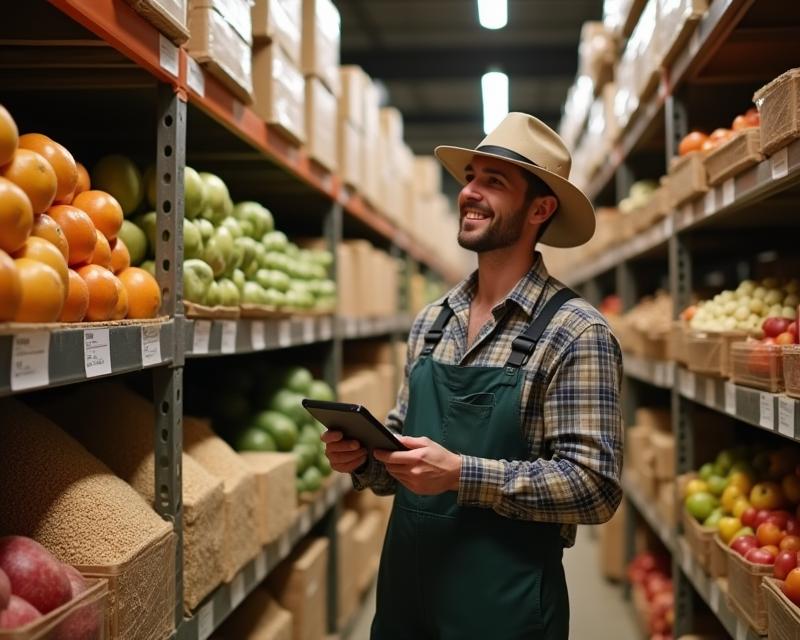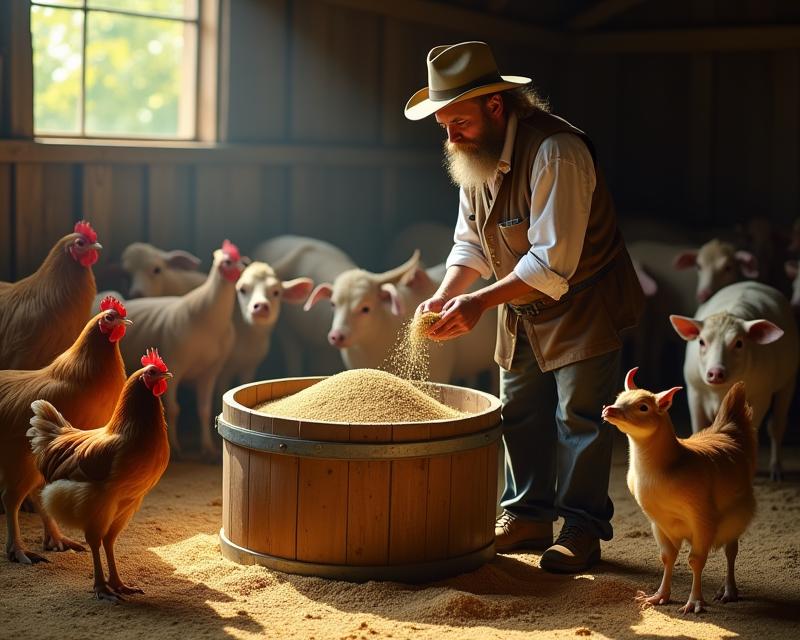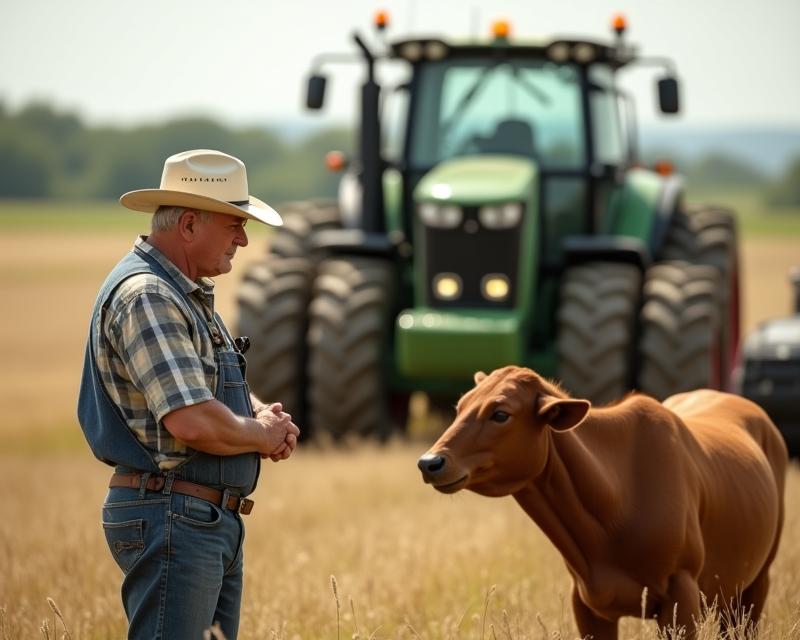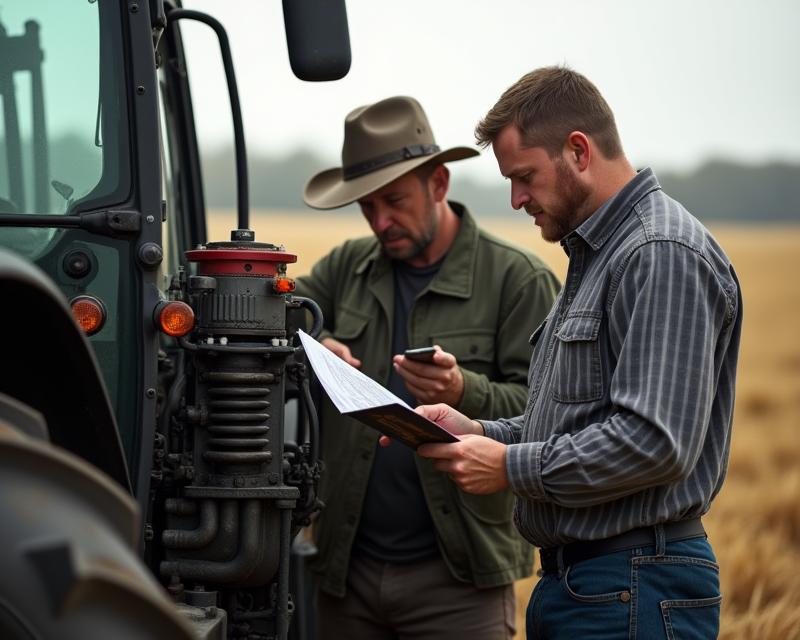Autonomous Tractors: The Future of Farming?
Publish in Farm Business el 21/07/2025 20:15
Autonomous Tractors: The Future of Farming?
The world of farming is constantly evolving, and one of the most exciting developments is the rise of autonomous tractors! These aren't your grandpa's tractors; they're equipped with advanced sensors, GPS, and AI, promising to revolutionize how we work the land. But are they right for you? Let's dive into what autonomous tractors are all about, explore the benefits, and look at some of the challenges.
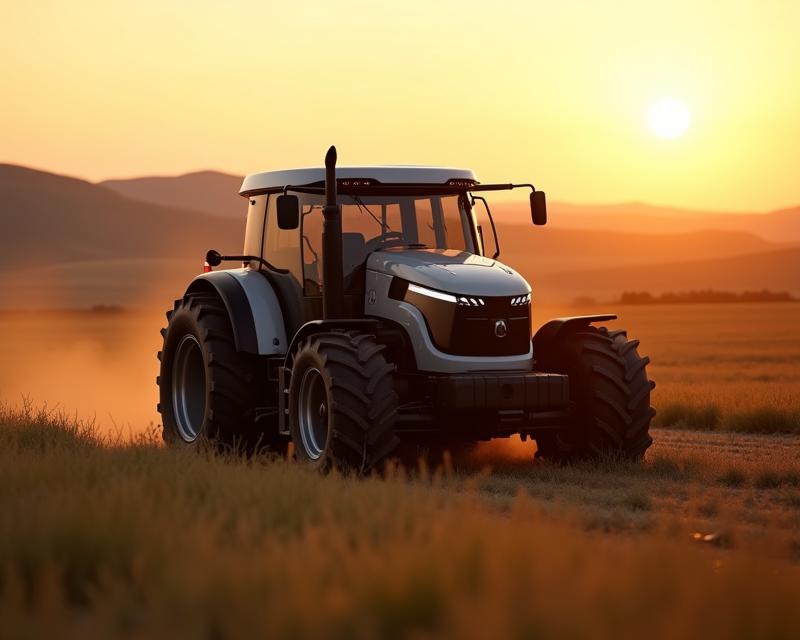
What are Autonomous Tractors?
Essentially, autonomous tractors can operate with minimal human intervention. They can perform tasks like plowing, planting, spraying, and harvesting – all without a driver constantly at the wheel. They use a combination of GPS, sensors (like cameras and lidar), and sophisticated software to navigate fields, avoid obstacles, and execute pre-programmed tasks. Some are fully autonomous, meaning they can handle entire operations independently, while others require a human operator for supervision and intervention.
The Pros: Why Consider Automation?
The potential benefits of autonomous tractors are huge. First and foremost, they offer increased efficiency. They can work around the clock, optimizing planting and harvesting schedules to maximize yields. This leads to significant time savings and reduced labor costs – a major concern for many farmers. Autonomous tractors also promise improved precision. They can apply fertilizers and pesticides with pinpoint accuracy, reducing waste and minimizing environmental impact. Furthermore, they can operate in challenging conditions or on large fields, increasing productivity. Finally, they can improve safety by reducing the risk of human error and fatigue.
The Cons: Challenges to Consider
While the future looks bright, there are challenges to overcome. The initial investment in autonomous tractors is substantial, making them inaccessible to smaller farms. Reliability is another concern. These machines rely on complex technology, and malfunctions can disrupt operations. Data security is also a growing concern, as autonomous tractors collect vast amounts of information about your farm. Finally, there are questions about job displacement and the need for retraining the agricultural workforce. It's important to remember that autonomous tractors are tools, and like any tool, they require proper maintenance and skilled operators to maximize their potential.
The Future is Now (But Proceed with Caution)
Autonomous tractors are no longer a futuristic fantasy; they're becoming a reality. While widespread adoption may take time, the technology is rapidly advancing. For farmers and ranchers, it's crucial to stay informed about these developments and assess whether autonomous tractors align with their long-term goals. Careful planning, research, and a realistic understanding of the challenges are essential before making the leap into the world of automated farming.
